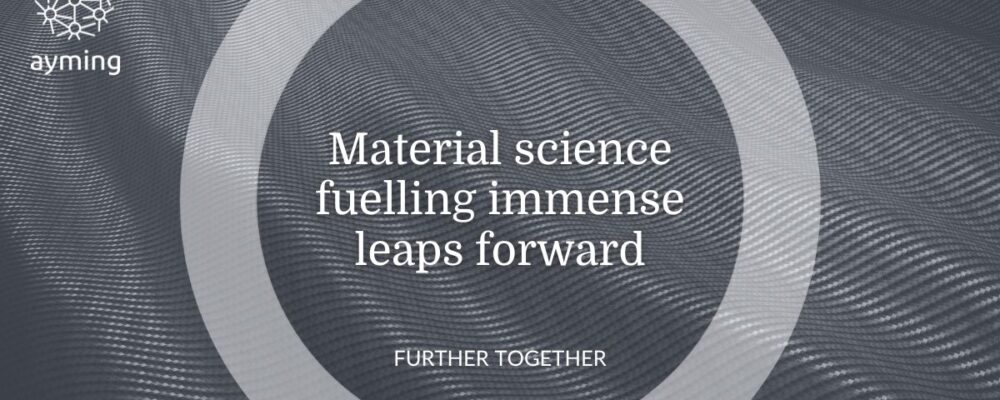Unconscious bias training has had a bad press. Critics claims that some corporate courses have little or no lasting value, or even reinforce negative stereotypes. This may partly reflect a backlash by some against social change in general; rising cultural awareness in the hard-headed world of business; or training that’s poorly designed or delivered.
In our experience, people respond positively. The Ayming Academy module on unconscious bias begins with a simple maths question. I won’t spoil it, but the answer is blindingly obvious to many – including the 50% of university students who got it wrong. There’s no great mental arithmetic involved, which is partly why people plump for the simplistic answer.
They favour intuition over reason, as well all do in our life and work much of the time. The unconscious mind is incredible. Without a thought, it’s processing huge amounts of information, allowing us to make instantaneous decisions in just about every situation we encounter. Unfortunately, the unconscious is often unreliable, as our simple test shows.
In business or any organisation, that should be a concern. We need to ground decisions in hard data, evidence and clear-headed analysis of the facts. That’s before we even consider the ethics. People are harmed and denied opportunities when we make snap judgments distorted by gender, race, social background or a range of other hidden biases – from accent to age, disability to physical attractiveness.
Recruitment, management, and performance are harmed too. Bias limits the potential of employees, narrows the talent available, and curbs creativity and innovation. It also risks discriminating against legally protected characteristics such as race, gender and sexuality.
Reining in our various biases is difficult when dealing with people. We tend to trust first impressions and gut feelings. The influence can be subtle but raising awareness of unconscious bias in the workplace, and in ourselves, is the all-important first step.
Different forms of bias
Most of us will be able to think of examples where these common forms of bias have swayed our opinions:
- Affinity bias – we unconsciously prefer someone from a similar background
- The Halo Effect – a positive characteristic or skill a person has in one area makes us overlook other shortcomings
- The Horns Effect – the opposite, when one negative attribute blinds us to their other strengths
- Confirmation bias – having made a judgement about the person, we subconsciously look for information that backs up our assumptions
- Conformity bias – we take our cue from people around us, rather than using our own judgment; this peer pressure, or groupthink, is the greatest enemy of innovation.
A growing body of business research is proving that gender-balanced and ethnically diverse leadership and project teams outperform their more homogenous competitors. Making a conscious decision to involve a wider range of people and expertise is likely to spur innovation as well as fostering a more inclusive corporate culture.
We also advise against rushing decisions. Resist the temptation and reflect on the reasons before affirming that first choice. Consider asking a colleague for their opinion, but be careful to couch the question objectively.
All decisions should be justified on the evidence. Record the reasons, especially when decisions relate to recruitment, promotions and performance management.
How to tackle unfairness in business
For organisations, there are three main strategies for tackling unconscious bias, according to the Harvard Business Review:
- Priming – educate employees about unconscious bias, so they are aware of the danger when making decisions.
- Reorganisation – redesign recruitment, performance reviews and other processes and systems so they are consistent throughout the business to help minimise bias.
- Accountability – investigate any potential bias identified to make sure that decisions were valid and justified.Conflict management and resolution is essential, not least in appraisals and in exit and end-of-probation interviews.
Like our simple maths question, what we learn may give us good cause to pause and re-think.
“We are business performance experts who combine highly specialised knowledge – across a range of fields – with hands-on collaboration, to enable our clients and their people to go further. We are a global team of 1,300 colleagues working across 15 countries in Europe, North America and Asia, and have a 30-year track record of providing leadership and sharing insight.
By focusing on innovation, finance, operations and people we are proven to deliver a return on investment.”
Please visit the firm link to site




